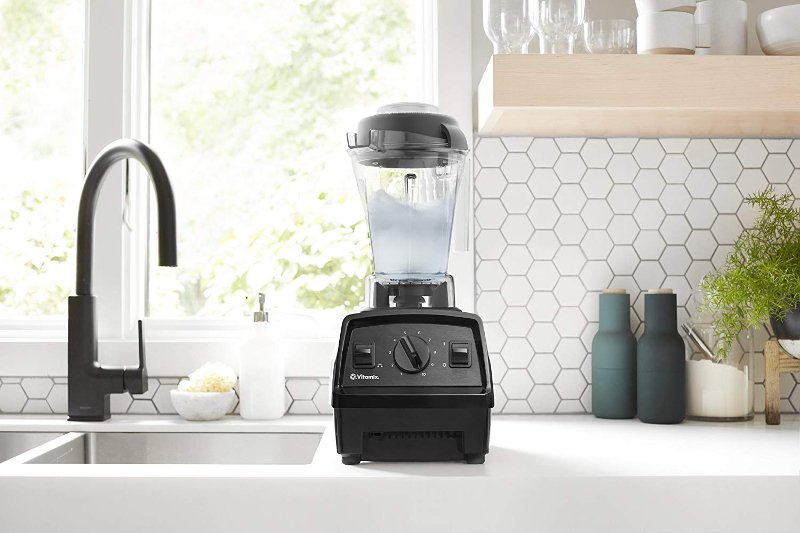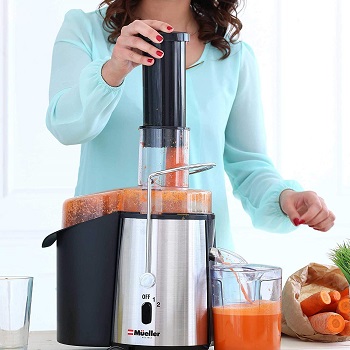5 Tips to Maintain Your Juicer So It Lives Longer – Complete Guide
-
Sean Brennan
- Last updated:
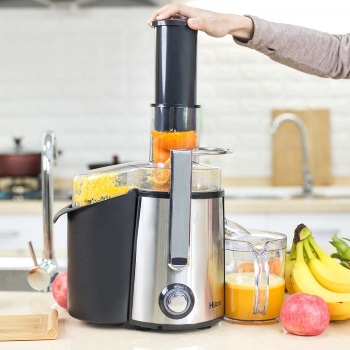
A juicer is a serious investment that you shouldn’t take lightly. Even entry-level juicers are pretty expensive, so it’s important to learn how to use and care for your juicer properly. Without regular maintenance, you might find your juice tasting worse over time or your juicer breaking down. Luckily, it isn’t hard to take care of a juicer, and there are some easy steps to take that ensure your juicer will continue churning out delicious, nutritious juice for many years.
We put together this list of helpful tips to help teach you how to maintain your juicer so that you can get your money’s worth and reap the many benefits of juicing without having to replace your machine prematurely.
Top 5 Tips to Maintain Your Juicer
1. Remove seeds and pits
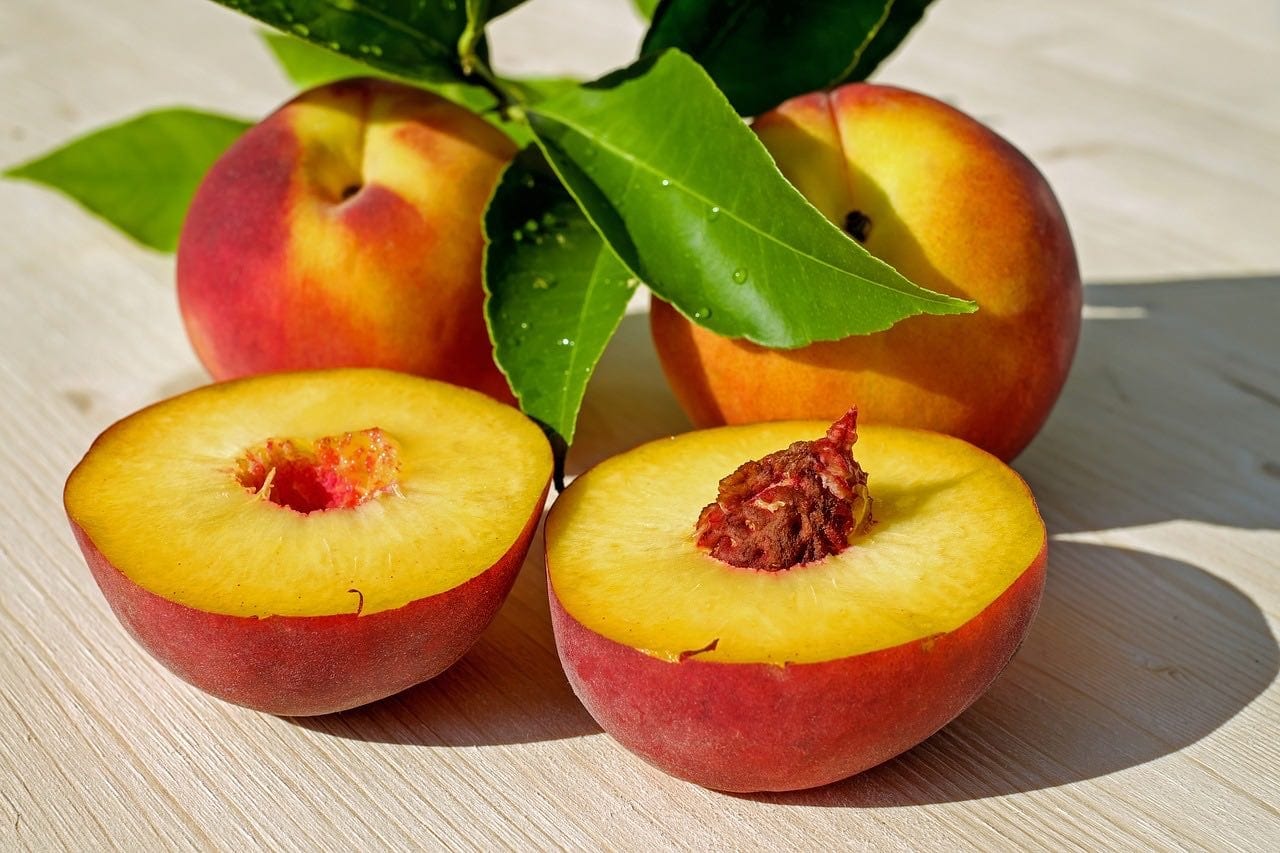
The most common way people destroy juicers is by forgetting to remove the seeds and pits before juicing. If you juice apricots, peaches, cherries, or any similar fruits with hard pits, you risk damaging your juicer beyond repair if one sneaks past you. Take extra care to make sure you only put de-pitted fruit into your juicer.
Even fruit with smaller, softer seeds or pits should have them removed since they tend to make bitter, harsh tasting juice if they aren’t removed.
Some fruits – notably apples, peaches, plums, and apricots – contain seeds that are processed into cyanide in the body, which is obviously not desirable.
2. Clean your juicer carefully
This is a big one. Cleaning isn’t fun and is especially not fun when you’re chomping at the bit to get started on the tasty glass of juice you just made. Unfortunately, the longer you let your juicer sit uncleaned, the more likely you are shortening its lifespan.
Dried juice and fruit remnants need to be removed quickly and entirely from your juicer shortly after you’re done using it. Residual fruit fragments and dried juice will make your juice taste worse in the future if you don’t clean it thoroughly. In addition, dried juice can negatively affect the internal mechanisms that drive your juicer if you let it build up.
Thankfully, most juicers have easily removable parts that can be thrown in the dishwasher. Check your juicer’s manual before putting anything in the dishwasher just to be safe.
- Related Read: 10 Best Easy to Clean Blenders
3. Only use the plunger that comes with your juicer
It might be tempting to push something into your juicer with that fork you have nearby when the plunger is all the way on the other side of the kitchen, but don’t do it! Almost all juicers come with a plastic or hard rubber plunger designed to fit perfectly in your machine’s fruit chute. If you use something, also you could cause extensive damage to your juicer and end up with a very expensive paperweight. You could also injure yourself since juicers aren’t designed to have hard objects inserted into the blades or augers. Even if you think you can be careful, it’s not worth the risk.
4. Don’t juice low-liquid ingredients
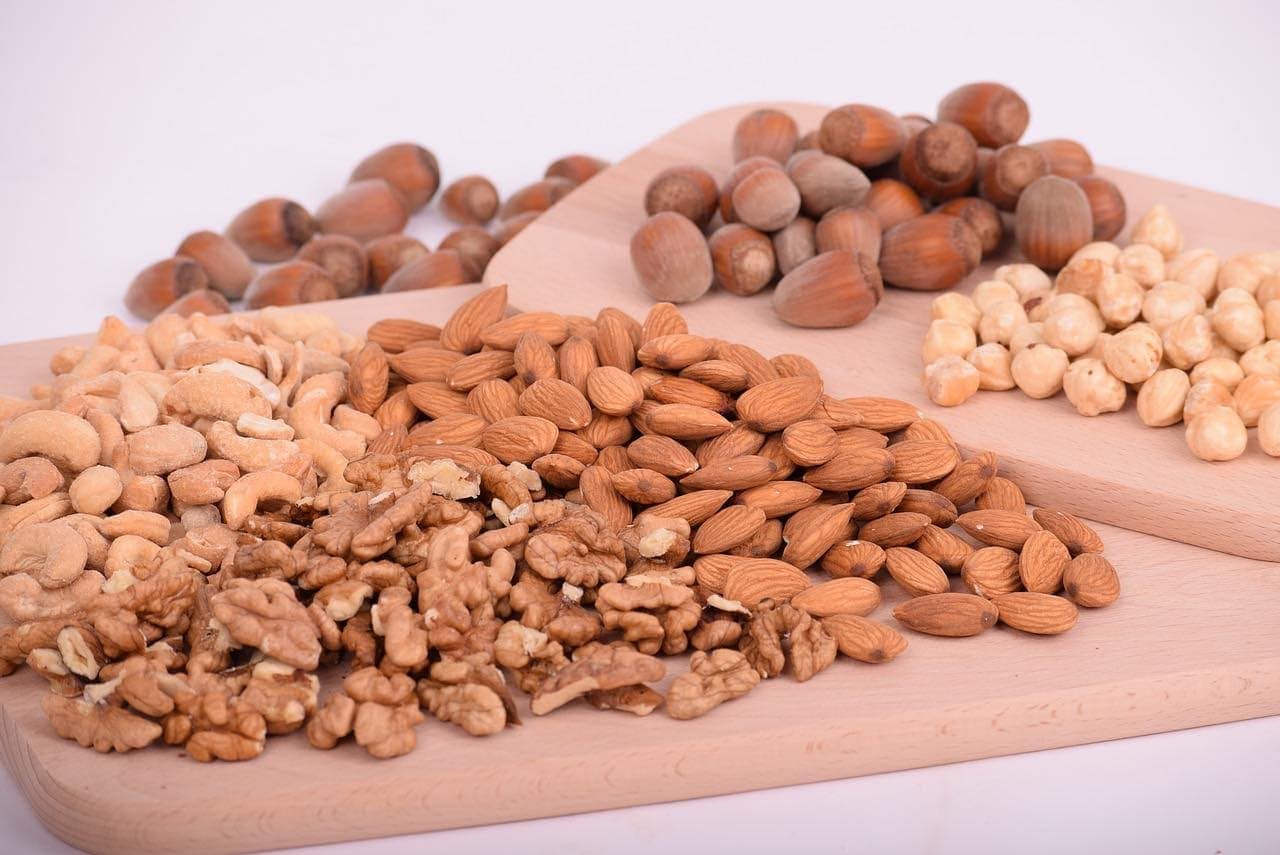
This tip is somewhat controversial since the jury is out on whether this actually can harm your juicer. At best, it’s a waste of time since foods with low water content don’t produce much juice, if they produce any at all. At worst, there are some people that think juicing dry ingredients – like coconut, grains, and cereals – can damage your juicer in the long run. We recommend you avoid juicing these ingredients to be safe since you aren’t missing out on much by not including them in your juices.
5. Use the right juicer for the job
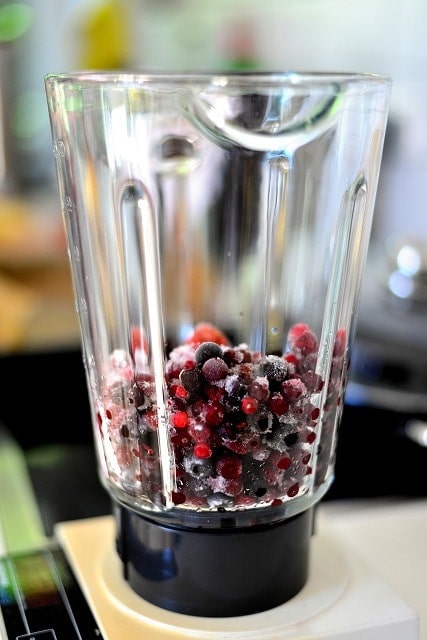
If you already own a juicer, this won’t be the most helpful tip, but for those looking to buy one, think carefully about what you plan to juice most often and purchase the appropriate juicer. Blade juicers – often called centrifugal juicers – are less expensive than cold press juicers or masticating juicers but don’t work as well for juicing leafy green vegetables like spinach and kale.
Juicing apples or citrus fruits is perfectly fine in a blade juicer but won’t work as well for leafy greens. Masticating juicers work well for all kinds of fruits and vegetables, but they tend to be more expensive. They also tend to handle the tougher, more fibrous vegetables than centrifugal juicers. If you know you’ll use it often and want a long-lasting juicer that can hold up to the wear and tear of regular use, get a masticating juicer.
Conclusion
Taking proper care of your juicer can be a nuisance, but it is worth it. Juicers are expensive, and it would be a shame to have to replace one due to neglect. They’re not terribly difficult to care for, and if you follow the tips in this article, you should avoid most of the common problems people run into. Juicing is a fun and rewarding hobby and, with a little preparation and planning, is one you can enjoy with a minimal upfront cost.
- You might also like: How to Juice Without a Juicer (Tips & Tricks)
Featured Image Credit: Monkey Business Images, Shutterstock
Contents


